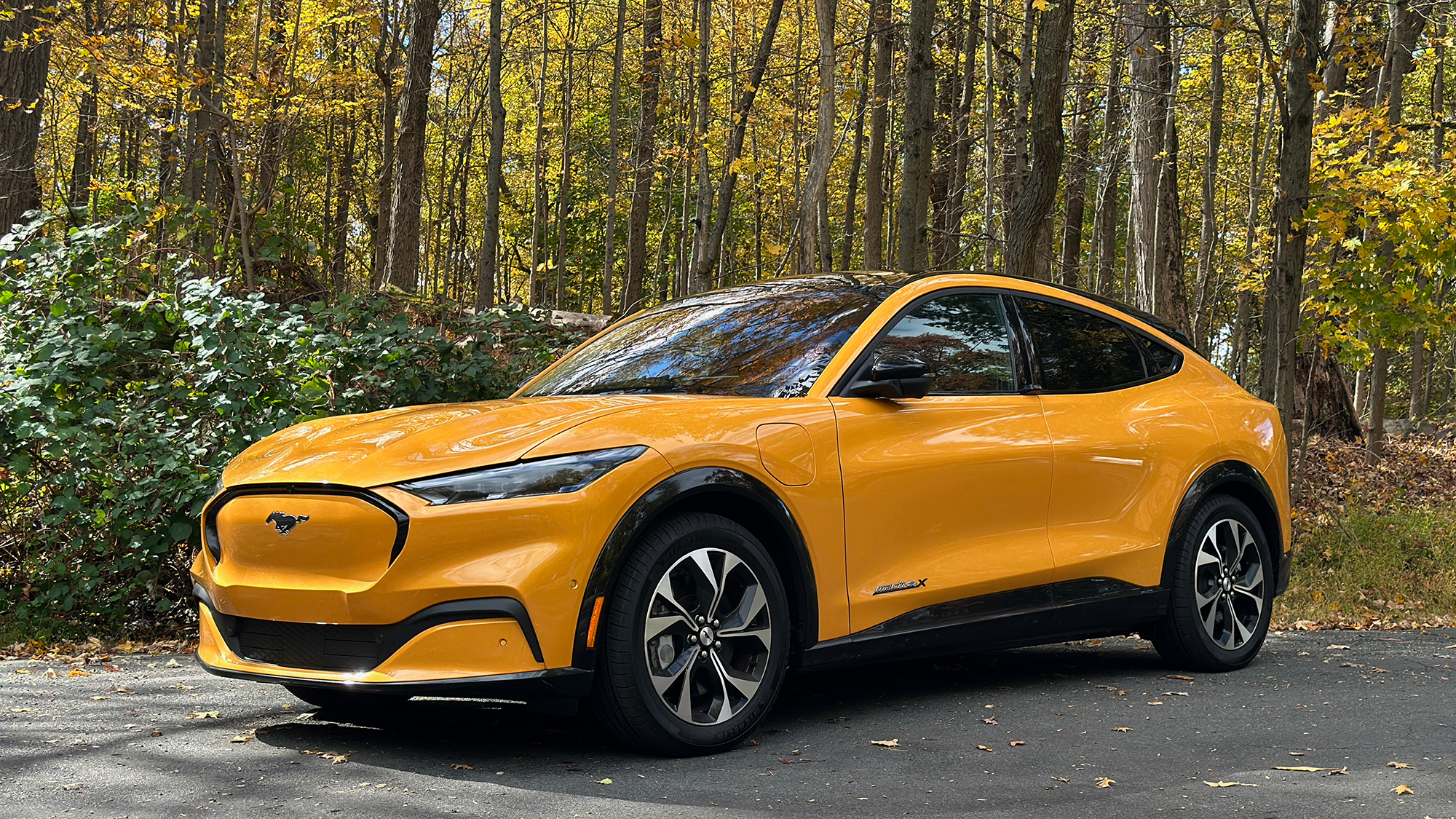Pulse of Information
Your source for the latest insights and updates.
Electric Cars: The Quiet Revolution on Wheels
Discover the future of driving with electric cars—explore the quiet revolution transforming our roads, our planet, and your ride!
Top 5 Benefits of Electric Cars: Why You Should Make the Switch
When considering the transition to electric vehicles (EVs), one of the most significant benefits is cost savings. Electric cars typically have lower operating costs compared to traditional gasoline vehicles. According to various studies, owners can save thousands of dollars on fuel over the lifetime of their car. Moreover, EVs require less maintenance due to fewer moving parts, which means fewer trips to the mechanic and reduced maintenance bills.
Another compelling reason to make the switch is the environmental impact. Electric cars produce zero tailpipe emissions, which contributes to improved air quality and reduced greenhouse gas emissions. By choosing an EV, you are playing a crucial role in the fight against climate change. As more renewable energy sources are used to charge electric vehicles, the overall carbon footprint associated with transportation continues to decrease, making EVs an eco-friendly choice for the future.

How Do Electric Cars Work? A Beginner's Guide to EV Technology
Electric cars, commonly known as EVs (electric vehicles), operate using a completely different mechanism compared to traditional gasoline-powered cars. Instead of an internal combustion engine, EVs are equipped with an electric motor that is powered by a battery pack. When you press the accelerator, the electric motor draws electricity from the battery, enabling the vehicle to move. This process involves several key components including the battery, the electric motor, and the regenerative braking system, which helps to recharge the battery while driving by converting kinetic energy back into stored energy.
One of the significant advantages of electric cars is their efficiency. Unlike conventional vehicles that waste a significant amount of energy during the combustion process, electric motors convert over 70% of electrical energy from the grid to power at the wheels. Additionally, EVs produce zero tailpipe emissions, making them an environmentally friendly choice. For those new to the concept, it’s worth exploring the various charging options available, such as Level 1 chargers for home use, Level 2 chargers for faster charging at public stations, and DC fast chargers that can quickly recharge an EV to 80% capacity in about 30 minutes.
Is the Future of Transportation Electric? Examining Trends and Predictions
The debate over whether the future of transportation will be dominated by electric vehicles (EVs) has gained significant momentum in recent years. With advancements in battery technology and a growing commitment to sustainability from both government and corporate sectors, electric transportation is becoming increasingly viable. Electric vehicles offer numerous benefits, including lower operating costs, reduced greenhouse gas emissions, and the potential for energy independence. As cities around the world invest in charging infrastructure and integrate renewable energy sources, the shift towards electric transportation systems appears inevitable.
Predictions for the future of transportation indicate a convergence of technologies that may redefine how we think about mobility. Autonomous electric vehicles, shared mobility solutions, and smart infrastructure are all components of this evolving landscape. According to industry experts, by 2030, electric vehicles could account for a significant percentage of new car sales, with various governments phasing out traditional gasoline and diesel vehicles altogether. This momentum reflects not only a performance revolution but also a cultural shift towards sustainability that will shape the global economy and urban development in the decades ahead.